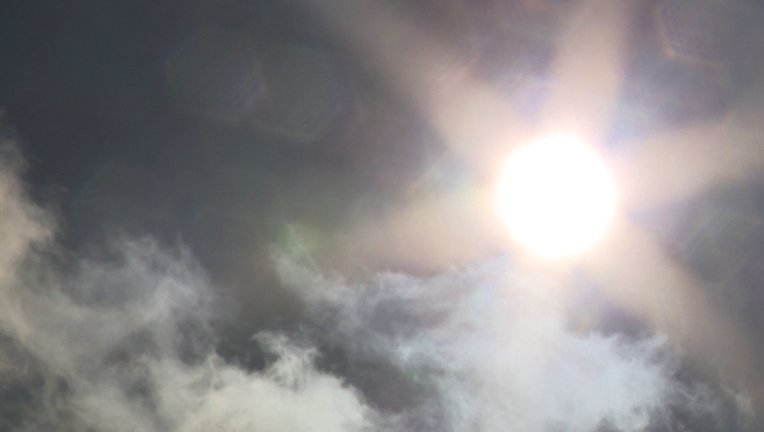Warm weather won't kill off coronavirus, study finds

FOX NEWS - Temperature has no clear impact on the spread of coronavirus, a new study has found.
The University of Toronto studied all 144 geopolitical areas worldwide in which 10 or more cases of COVID-19 were documented by March 20.
The study, published Thursday in the Canadian Medical Association Journal, found almost no links to epidemic growth based on latitude and temperature, but documented a strong association with reduced spread of the virus and restrictions on mass gatherings, school closures and social distancing.
Researchers noted a weak association with humidity and diminished spread, but said public health restrictions are far and away the most effective means of combating the pandemic.
“In our study, only public health interventions were consistently associated with reduced epidemic growth, and the greater the number of co-occurring public health interventions, the larger the reduction in growth,” the researchers wrote.
Dr. Peter Juni, one of the chief authors, said he understands that “everybody hopes for seasonality.”
“Our results are of immediate relevance, as many countries, and some Canadian provinces and territories, are considering easing or removing some of these public health interventions,” Juni said in a press release. “The virus doesn’t need favorable conditions to spread.”
Professor Dionne Gesink, an epidemiologist from the University of Toronto and a co-author of the study, said in the release: “Summer is not going to make this go away. It’s important people know that. On the other hand, the more public health interventions an area had in place, the bigger the impact on slowing the epidemic growth.”
The Toronto study follows other studies that have searched for a link between weather conditions and the spread of the virus.
Many hope that summer heat will impede the spread of COVID-19, much like it does for the seasonal flu. President Trump, in fact, had been expressing those hopes for weeks as the virus spread across the United States.
A study by MIT published in March found that the virus was spreading more quickly in places where it was colder, but that information is possibly outdated based on recent numbers.
Both Russia and Brazil are currently peaking in terms of daily new cases with roughly similar numbers. On Friday, Russia counted 10,699 new cases, while Brazil tallied 10,199 new cases.
The United States, Russia, Brazil, the UK and India recorded the highest number of new cases in that time.

